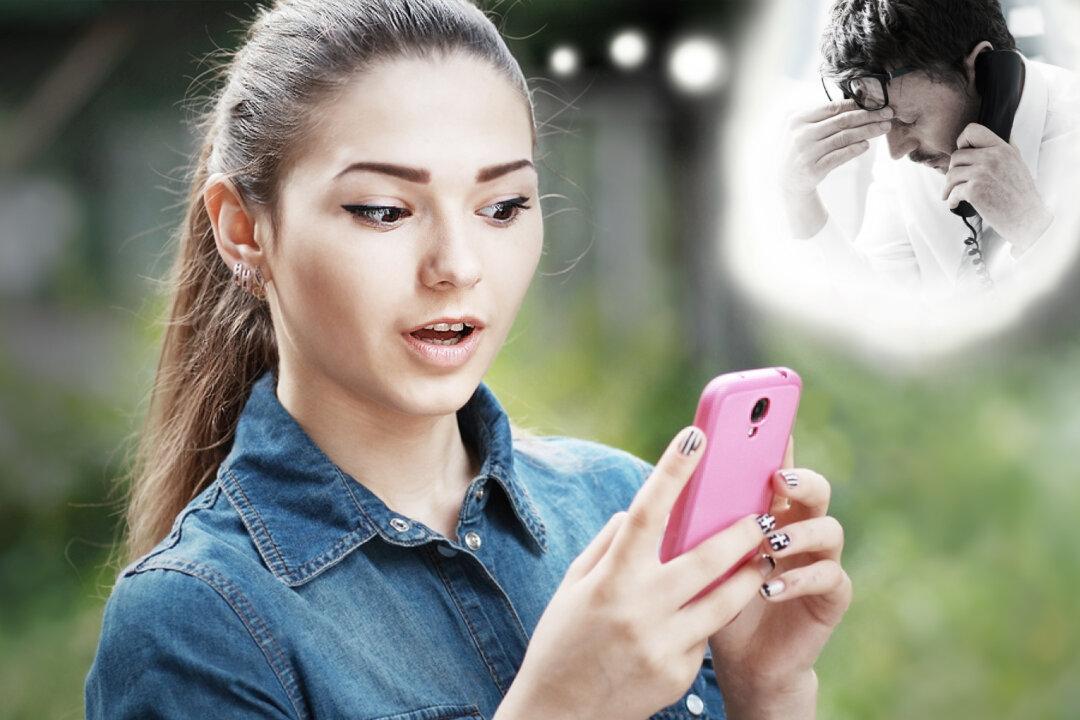A study by Dr. Rupert Sheldrake shows that modern forms of communication may be connected with a more primeval form of communication—telepathy.
He tested a group of people by asking them to guess who was calling when their phones rang. Each was given four potential callers to choose from. “The average scores were very significantly above the 25 percent hit rate expected by chance,” Sheldrake wrote in an article published by the Institute of Noetic Science. Sheldrake has a Ph.D. in biochemistry from Cambridge University and he studied philosophy and history of science at Harvard University.






